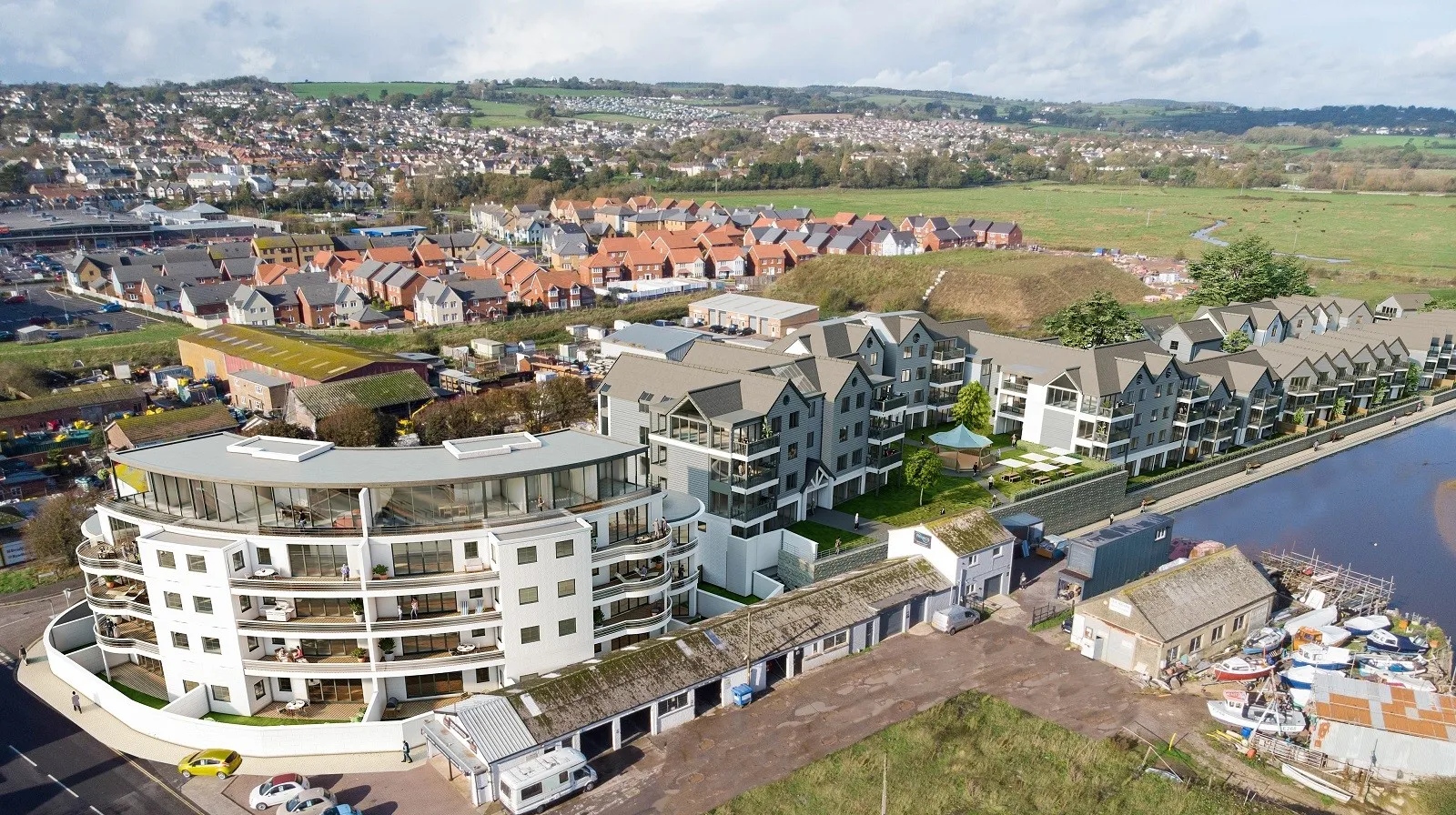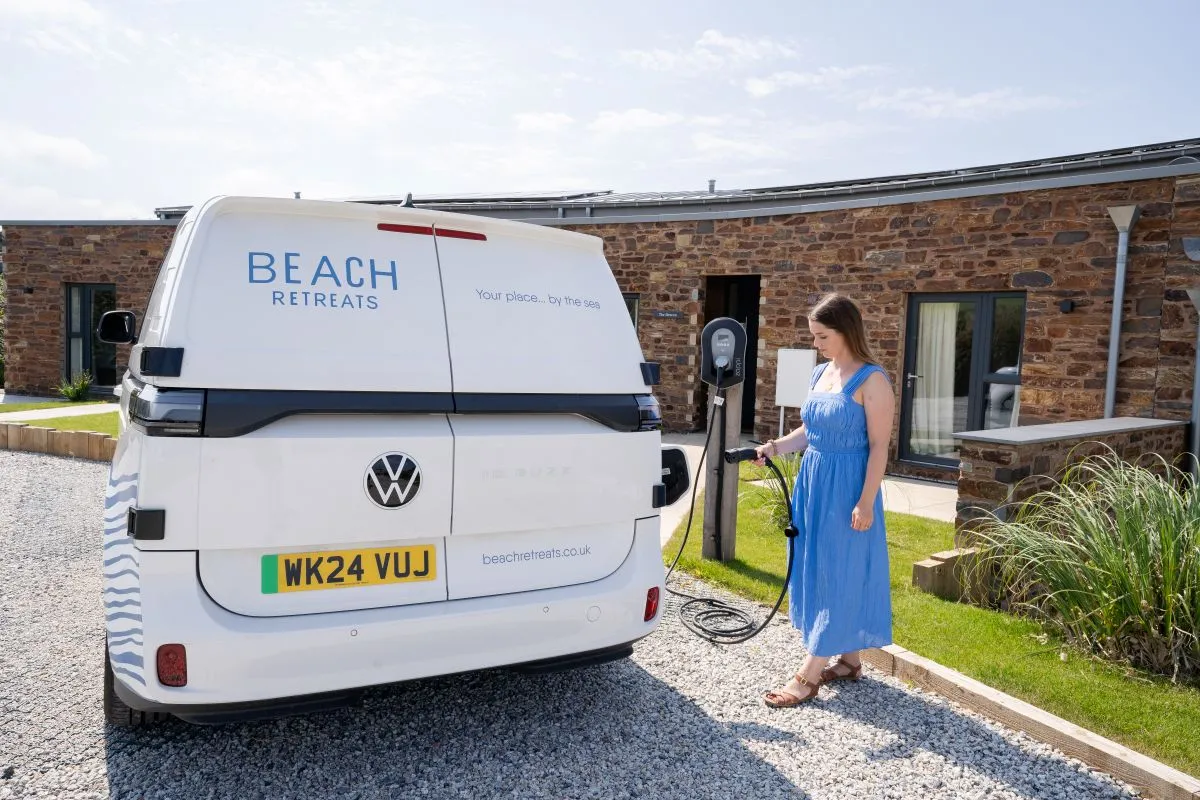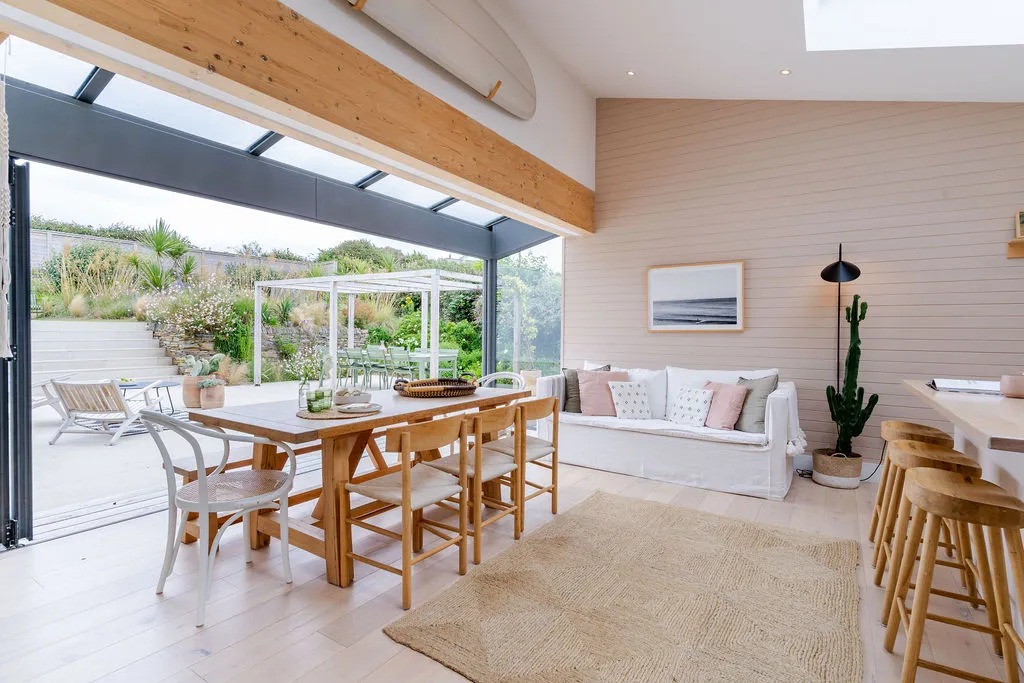MENU
Home / Owner Blog Posts / Easy ways to reduce your carbon footprint
Easy ways to reduce your carbon footprint
15th January 2021
All this talk of a Climate Emergency can be overwhelming, but it doesn’t need to be. Rupert Evers, the Founder of Net Zero Living, offers some easy ways to adjust your lifestyle so you can contribute to the solution, rather than adding to the problem.
The word of 2020 was probably ‘unprecedented’. We may all be keen to put 2020 behind us and look ahead but, unfortunately, we have another ‘unprecedented’ global problem ahead that needs to be addressed urgently – Climate Change.
Greta Thunberg, David Attenborough and Extinction Rebellion have all made us aware of the problem and there are some very positive changes happening. The UK has declared a ‘Climate Emergency’ and committed to reducing net emissions of greenhouse gases by 100% relative to 1990 levels by 2050. Cornwall Council has committed to an extremely ambitious plan of becoming carbon neutral by 2030!
But we can’t just rely on governments, councils and campaigners – EVERY one of us needs to stand up and make changes to our lifestyles if we are going to limit global warming and prevent too many more catastrophic natural events during our lifetimes. Don’t worry, it is not as difficult (or expensive) as it may sound – and can actually save you money!
Below are 10 ways on how you can help.
About the Author
Rupert Evers is Founder of Net Zero Living – a developer specialising in net-zero carbon homes in the south west, collaborating with Beach Retreats to offer a turnkey luxury holiday home development service.
www.net-zero-living.co.uk / [email protected] / 07426 595697
Reduce flying
Reduce your air miles (2020 was an easy year for that!). “Taking a long-haul flight generates more carbon emissions than the average person in dozens of countries around the world produces in a whole year”, according to The Guardian. Use a coach, train, (electric) car or bus (in that order of preference), rather than flying and enjoy more ‘staycations’ in the UK.
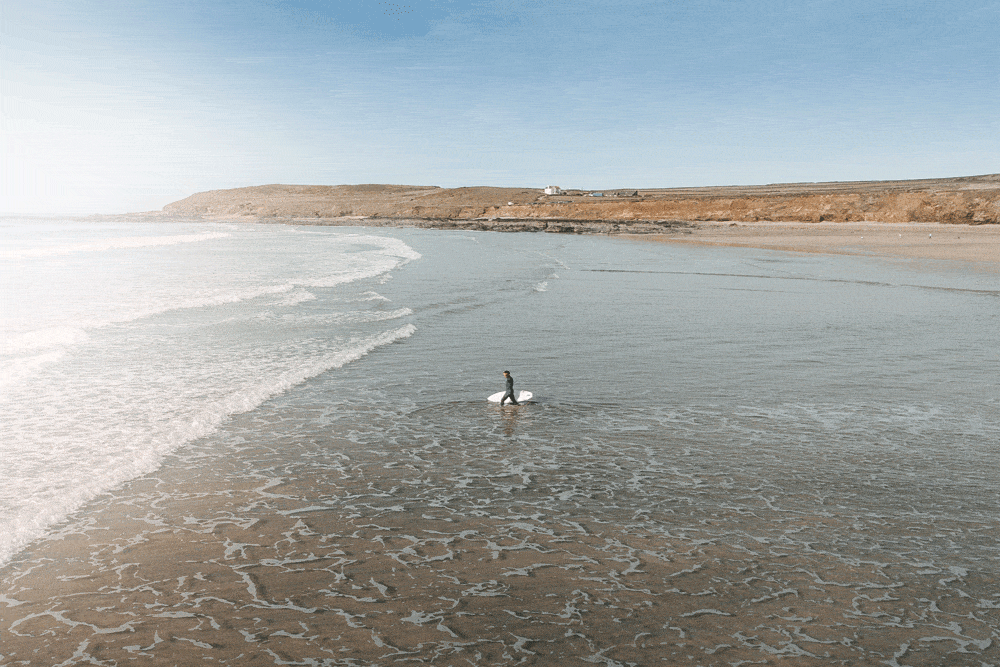
Reduce car use
Consider cycling/walking when you don’t have to travel far or use an electric bike to extend your range. These will also benefit your physical and mental health. Switch to an electric car (in combination with a carbon neutral electricity supply, as below) as this is one of the lowest carbon emission options for vehicular travel. If you generally travel less than 30 miles per trip, then you could also consider a plug-in hybrid car, but beware that their emissions add up for longer journeys when they switch to combustion engine mode.
If you are happy to have some company on your commute, then consider Ride Sharing or Carpooling (post-Covid) with Apps like Liftshare, GoCarShare and BlaBlaCar.
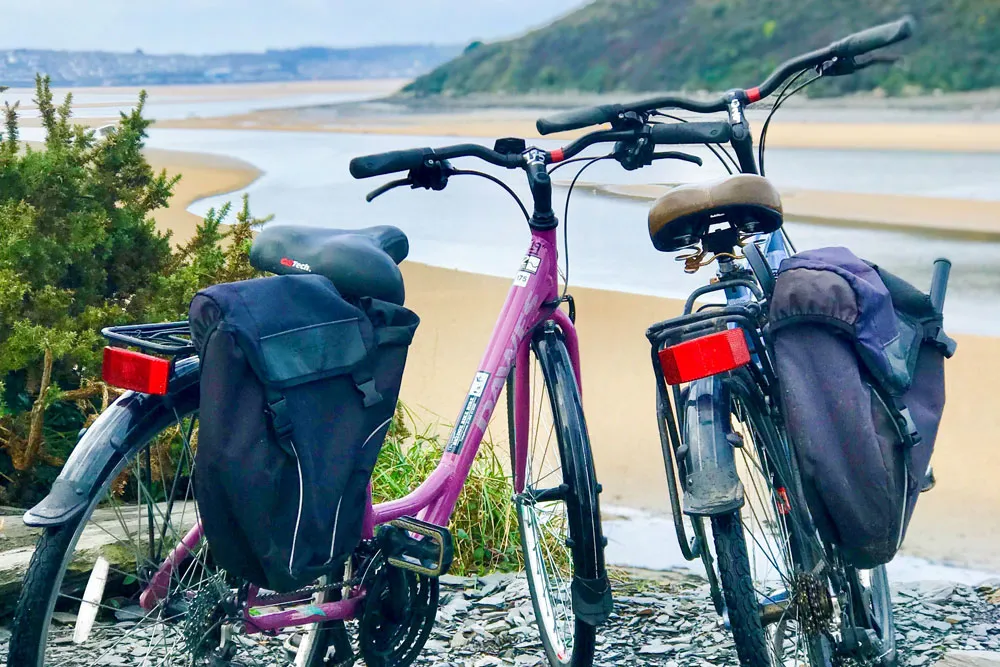
Switch to a 100% carbon neutral energy supplier
This simple change can cut your carbon footprint by 10-20% and, in many cases, it may actually SAVE you money! BULB, Octopus Energy and Green Energy UK are all highly recommended and have great reviews on Trustpilot. It only takes a couple of minutes to switch, but make sure you check any exit fees from your existing provider before making the change
If you also use gas, then make sure you choose a supplier that offers 100% ‘green gas’ as not all the suppliers source zero-carbon gas or offset the balance emissions from their gas supply.
Improve your home energy efficiency
At Net Zero Living, we believe that EVERY new building should be built to be net-zero carbon NOW. Any building that is not will require an expensive retrofit prior to 2050 in order to meet net-zero requirements then.
Buildings produce 40% of all UK Carbon Emissions and 80% of buildings that will exist in 2050 have already been built, so a major priority is de-carbonising our existing stock (UK Green Building Council).
Reduce your electricity consumption
- Swap all your lights to LED bulbs as lighting can account for 10-20% of a typical energy bill.
- Purchase A+++ rated equipment when you next upgrade appliances. See the Energy Saving Trust register of energy efficient products.
- Wash at lower temperatures and only turn the washing machine or dishwasher on when full. 30 degrees is actually sufficient for most clothes washing purposes and saves >40% of energy. However, the NHS website advises to “wash all underwear, towels and household linen at 60C, or at 40C with a bleach-based laundry product to prevent germs from spreading”
- Switch electronic appliances off at the socket and don’t leave them in standby mode.
Food
Reduce consumption of imported, particularly air freighted, dairy and meat (principally beef and lamb, which account for 7.5% of TOTAL greenhouse gas emissions). Reduce your ‘food miles’ by shopping for local and seasonal products. Have a play with the BBC Food Calculator to see how your food choices impact on the environment.
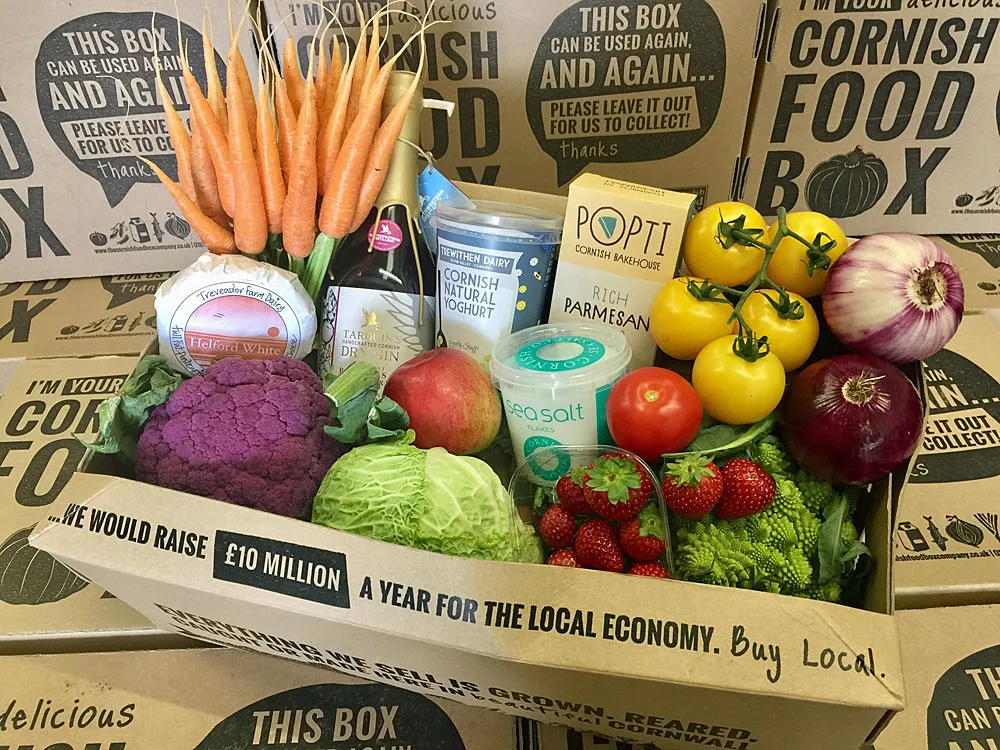
Other shopping
Reduce your fast fashion footprint by using Resale Sites. Bustle states that “buying second-hand allows us to reduce carbon, water and waste emissions by 73% versus fast fashion”. Use postal services for online shopping deliveries, which already serve a location once a day. Avoid one-day deliveries and use companies that deliver using low carbon transport.
Waste
Reduce your food waste and compost it, rather than sending it to a landfill, to reduce carbon emissions. The IPCC estimates that greenhouse emissions associated with food loss and waste – from field to kitchen bin – is as high as 8-10% of ALL global emissions
We can reduce packaging, particularly plastic which is fossil fuel-derived. Use local refill stores and get your milk delivered in reusable glass bottles. Buy a refillable bottle and coffee cup and use re-usable bags instead of plastic carrier bags.
Reduce business carbon emissions
Commit your business (or encourage your employer) to measure and reduce their carbon emissions through a recognised organisation such as the United Nations ‘Climate Neutral Now’ Pledge. Net Zero Living has signed the pledge to join other concerned businesses in taking the lead on reducing emissions and accelerating the global journey to a climate-neutral future.
To find out more about how you can reduce your carbon footprint, read the full blog at Net Zero Living.
*The above is for information purposes only. We have made every effort to source reliable data, but you should do your own research before making any decisions.*
